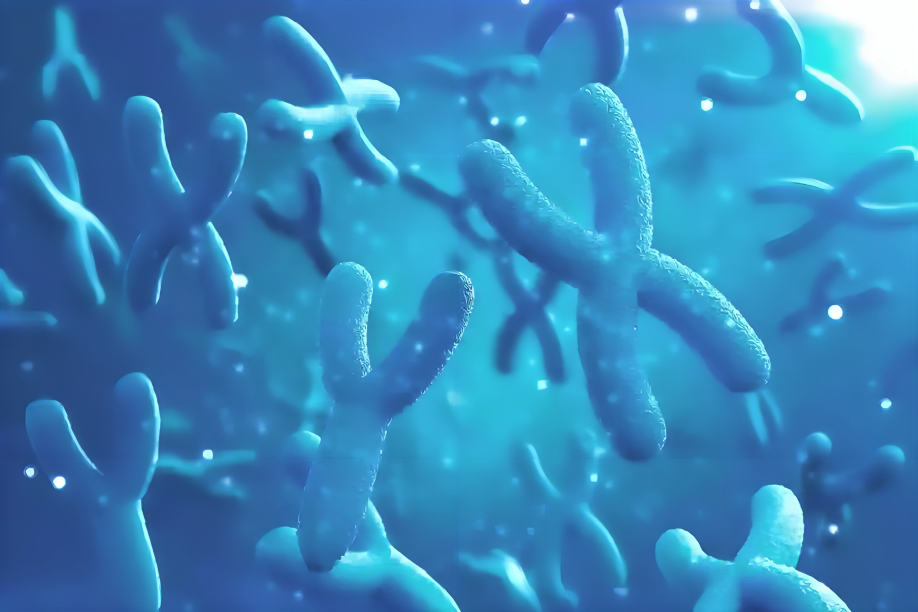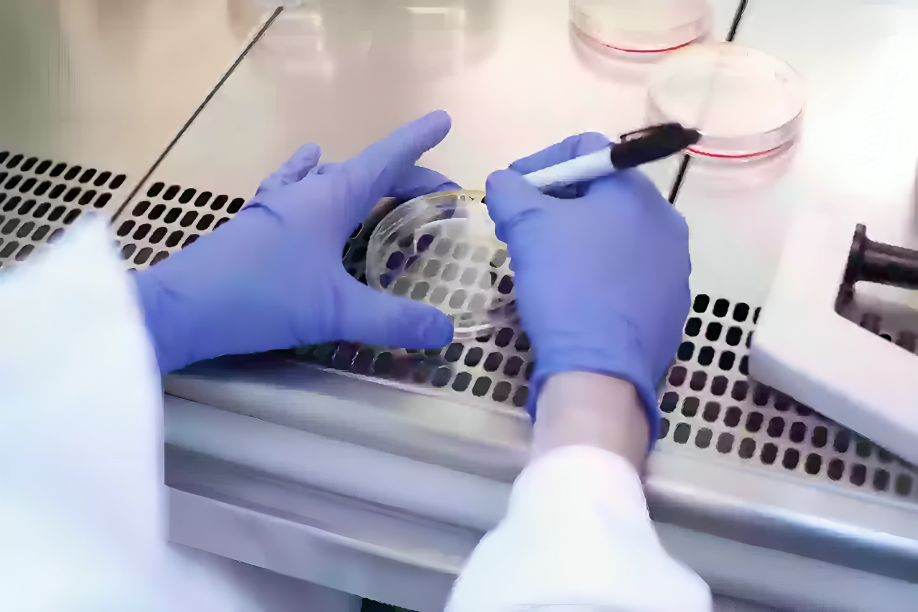Scientists are debating what it could mean if the Y chromosome eventually disappears.
Chromosomes play a role in determining sex characteristics, but researchers believe the Y chromosome has been slowly breaking down over time.
Experts have different opinions on what could happen if it disappears completely.
Not everyone has a Y chromosome since many people carry only XX chromosomes.
The Y chromosome is considered less stable than the X chromosome. The second chromosome in XX or XY combinations affects the development of sex characteristics.

For those with an XY combination, the Y chromosome carries the SRY gene, which acts as a “master switch” for biological sex.
But researchers have found that the Y chromosome has been shrinking for millions of years.
A study suggests that this process has been happening for around 3.5 million years.
If it continues, some scientists estimate that the Y chromosome could disappear from human DNA in about 4.6 million years.
That’s a long time, so it’s not an immediate concern.

The reason for this decline is that the Y chromosome is passed down from father to son as a single copy. Unlike other paired chromosomes, it doesn’t have a backup, leading to slow degradation over time.
So what does this mean for the future?
Some scientists believe the Y chromosome could disappear completely.
Jenny Graves, a researcher from La Trobe University, suggests that this could eventually lead to fertility problems due to a lack of men.
She even theorizes that humans could evolve into a new species over millions of years.
Other scientists don’t agree.

Professor Darren Griffin and Peter Ellis from the University of Kent argue that losing the Y chromosome wouldn’t mean the end of men.
They suggest that the SRY gene could simply move to another chromosome, as seen in some animals like the mole vole.
Additionally, modern treatments and genetic engineering may be able to replace the Y chromosome entirely.
For now, scientists will continue to study this slow genetic change to better understand its impact on human biology.
